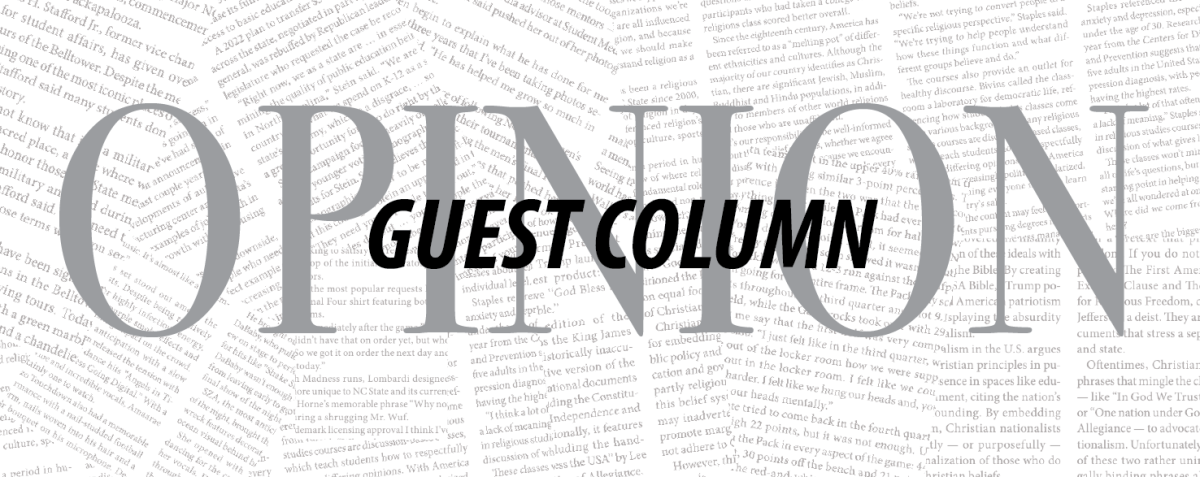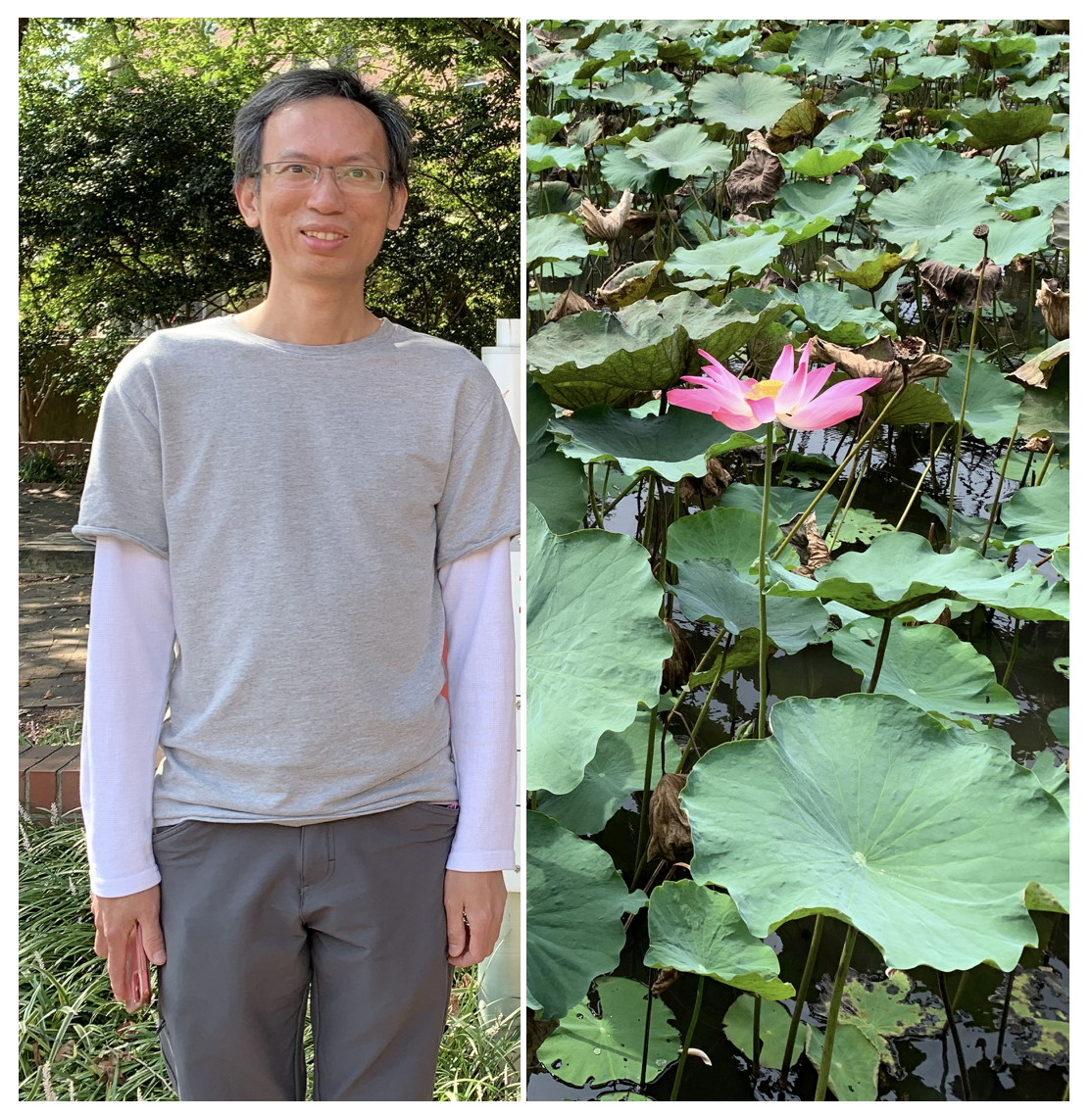I was pleasantly surprised to find Technician had dedicated an entire edition to faith and spirituality. The practical affairs of religion on campus were very well covered. But, I was slightly disappointed to find no treatment of philosophy or theology. Certain “big questions” — Why do we exist? Where did we come from? What’s good and evil? — were glossed over.
A specific article asserting that belief in God was essential to the modern college student caught my eye. It praises the benefits of religious adherence: God as a remedy for anxiety and religion as an ointment for loneliness.
The article’s opening has alarmed undertones: “Religious participation is dying.” Have people found alternative treatments for these ailments? Has science encroached on religion’s turf? Or do people simply no longer care for religion? Perhaps as we settle in this Information Age, with smartphones omnipresent and boredom increasingly rare, individuals have simply ignored, evaded or forgotten these essential big questions that for millennia had driven the masses to the altars.
This isn’t the first time religion has declined in the West. The Enlightenment brought with it religion’s death in the political sphere. The separation of church and state brought religious tolerance and freedom of expression. Religion retreated from the political sphere but not from personal life. Prominent Enlightenment thinkers, such as Voltaire and Jefferson, often subscribed to deism — the belief in God as the creator of the universe, with reason guiding worldly affairs. Critically, the big questions still dwelled in their minds. These thinkers sought answers through reason, science and faith instead of relying solely on organized religion.
I do not believe today’s decline to be of the same kind. People are not only moving away from religion on a personal level, but they are also disregarding the big questions entirely. In my experience, most students are not ardent atheists but light agnostics. Many seem apathetic to the big questions, either calling them unanswerable or admitting that they “haven’t really thought about it.”
Historically, those who forgo religion often sought the big answers in philosophy. Today, relativism — rejecting objective truth and morals — is common in philosophy classes. Paradoxically, it’s often presupposed as true by students. It does not answer any of the big questions. At best, it remains agnostic, and at worst, it rejects them entirely.
In the late 1970s, internal research at ExxonMobil accurately predicted climate change from fossil fuel consumption. Publicly, they denied the link. I ask a very simple question: Why? For profit? If the company had pivoted to renewables, couldn’t they have gained a massive head start and profited in the long run? I argue the true cause was the absence of the big questions in their culture. They had immense capacity for practical reason but lacked theory; the philosophical reflection to see the bigger picture. They did things without thinking about them first. This absence of theory is dangerous. Similarly, students can hop between majors, sinking time and debt into degrees without asking: Why am I doing this? What is my ultimate goal?
I believe that today, it’s a lot easier to simply not think about the big questions. Infinite “entertainment” is available at the end of my fingertips at all times. Social media has gone beyond entertainment. It is now an amalgamation of monstrous content to whom I feed my precious hours and attention. I can peer into someone’s completely ordinary life, and I can drool over some gluttonous, greasy foods. I can obsess over some stupidly expensive products that I can then trick myself into desiring.
With all these possibilities and more, why ponder these big, complex, scary questions? When religion died, reason took its place. I am afraid that when these big questions go extinct, an endless barrage of constant, infinite, banal content will be the only substitute. We will be assigning a new meaning to brain death.











